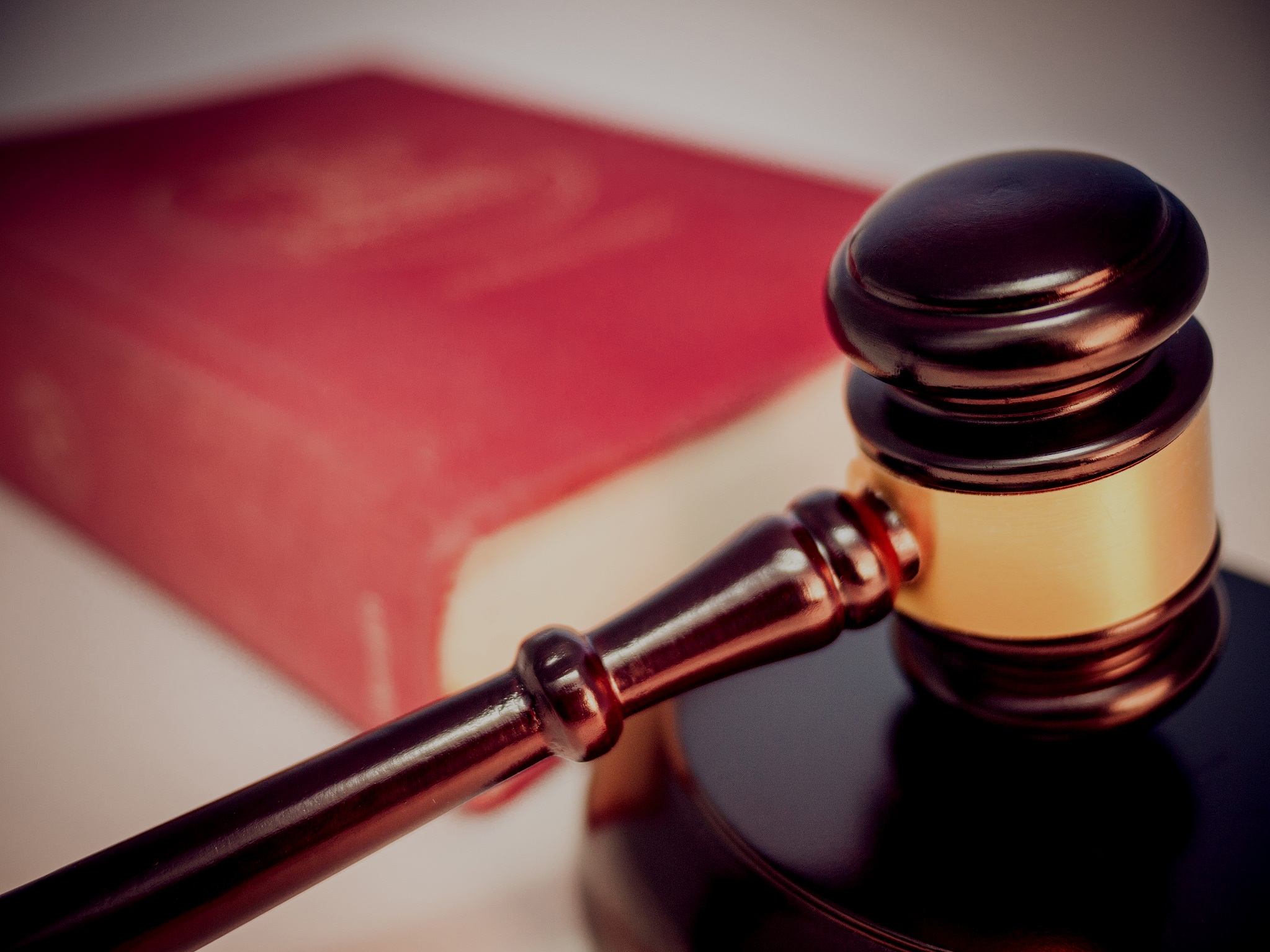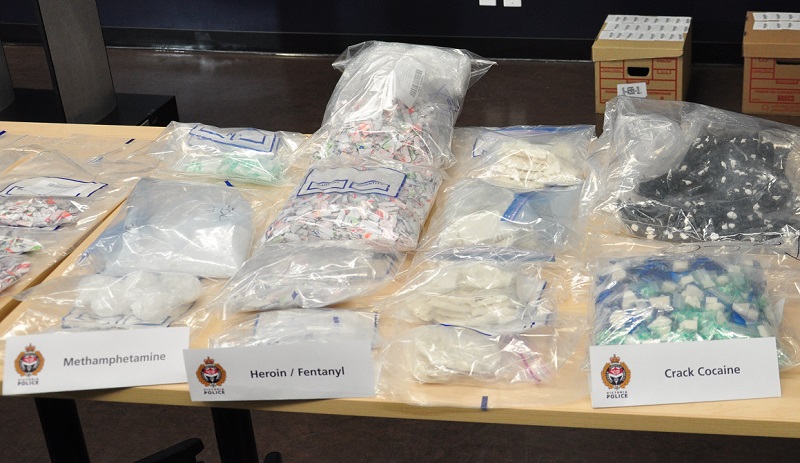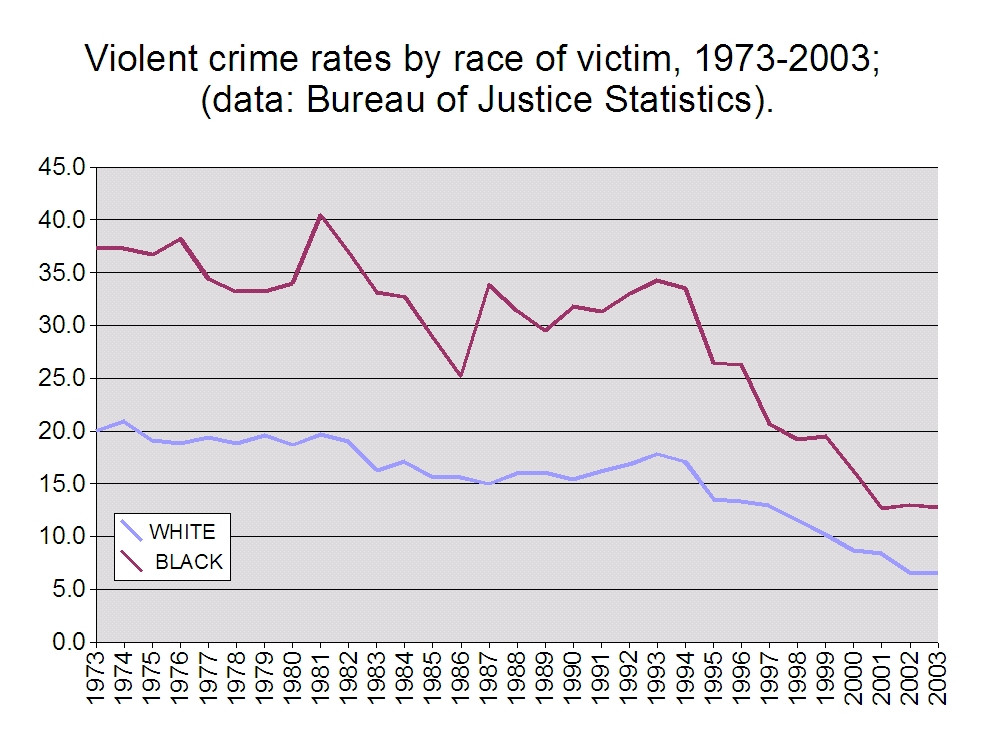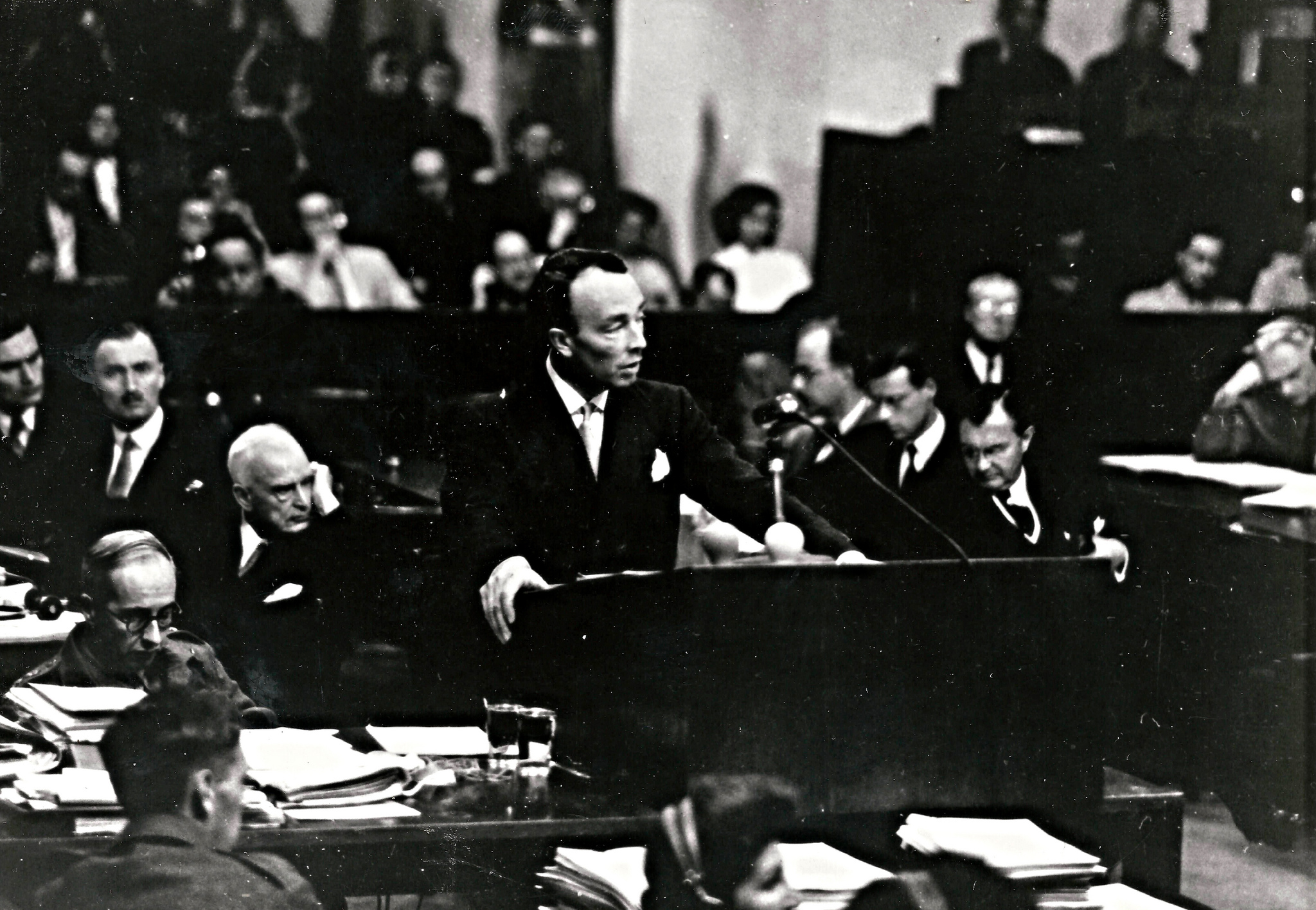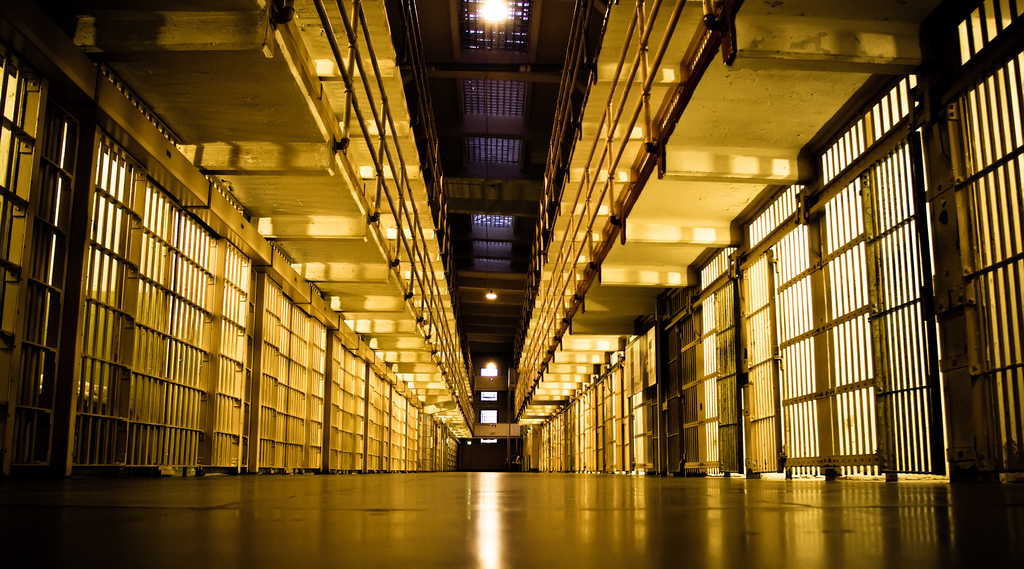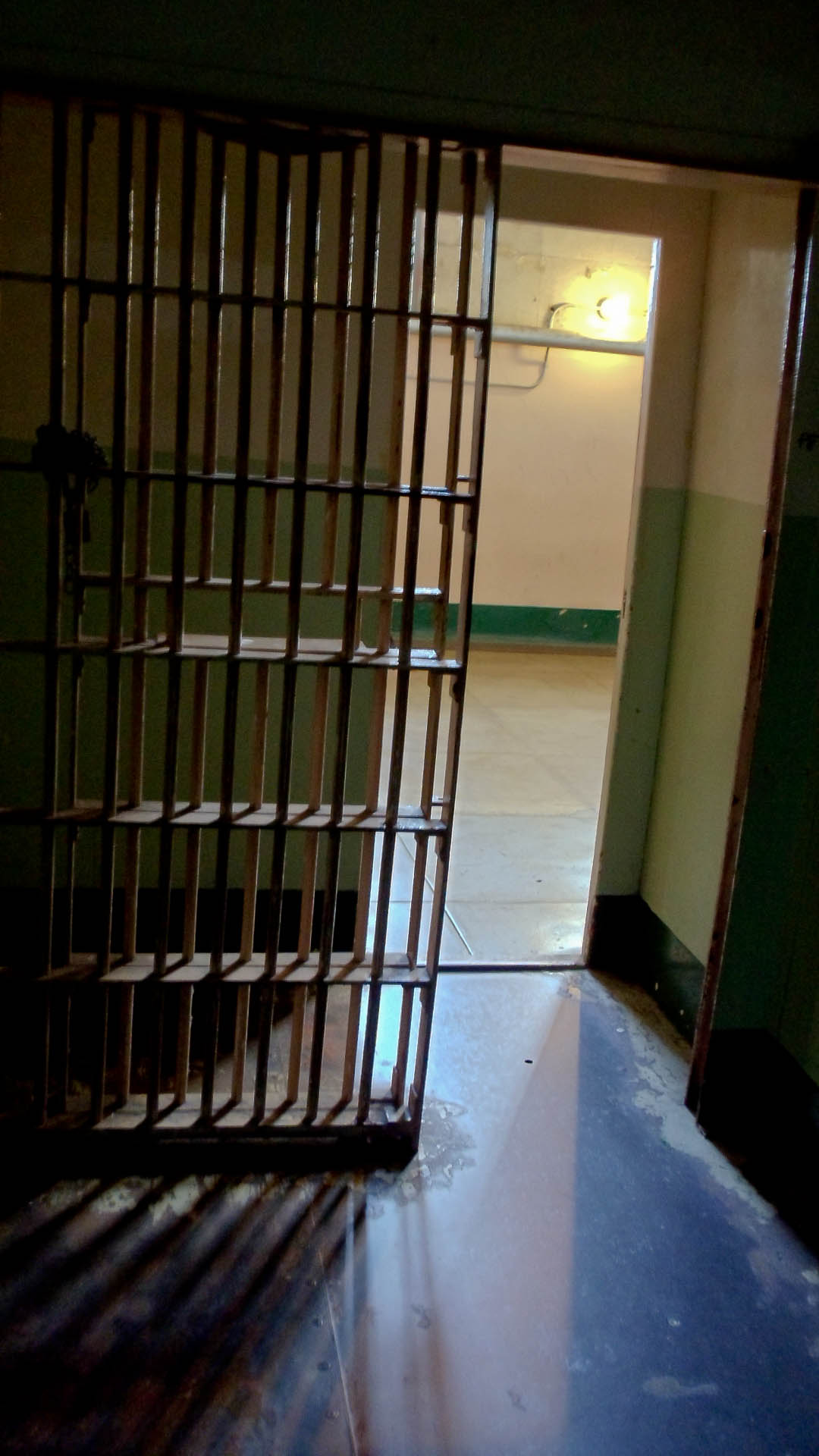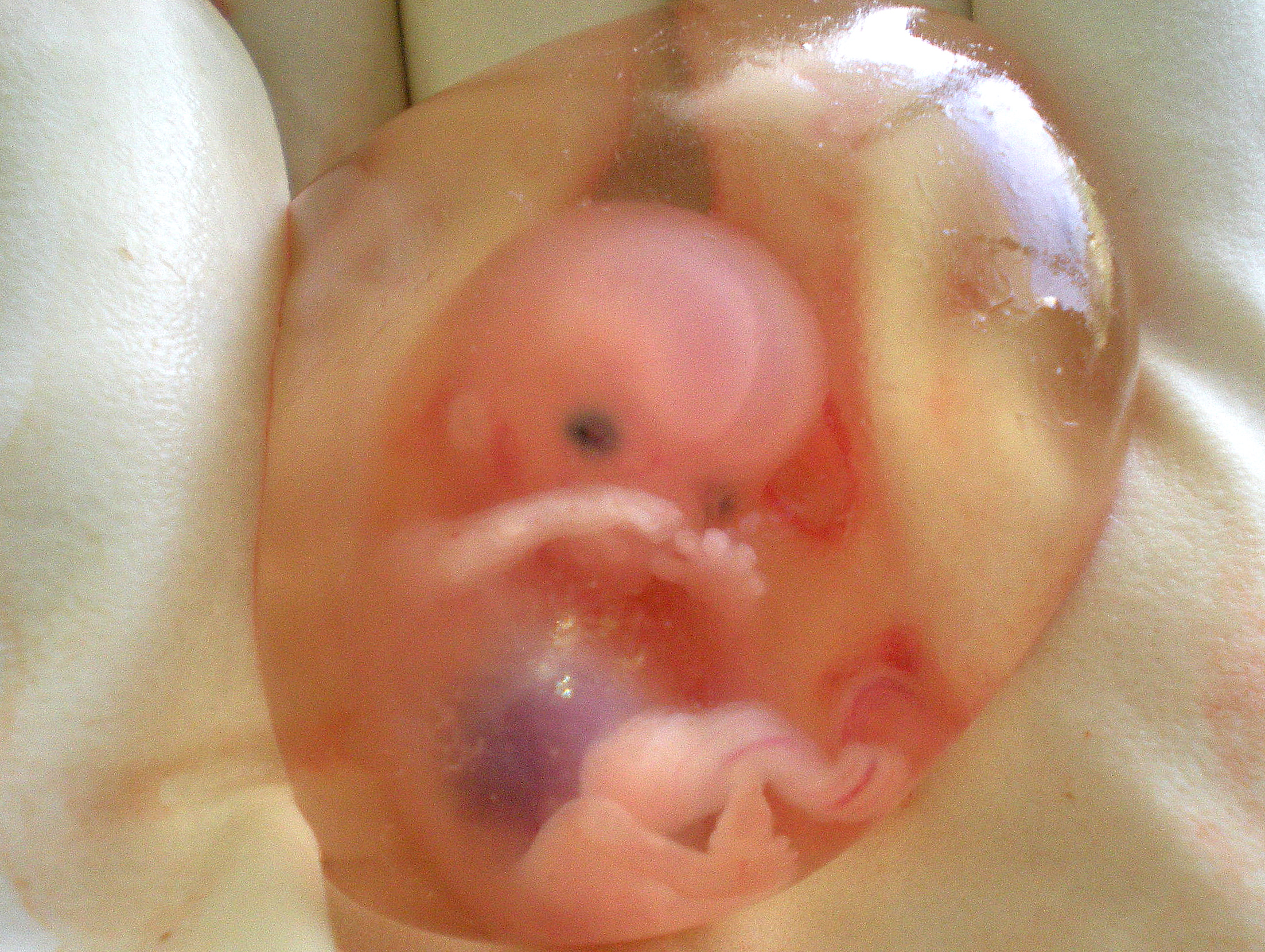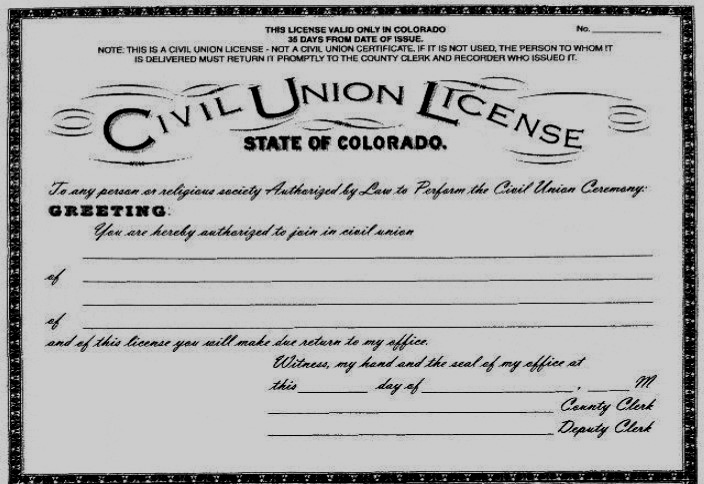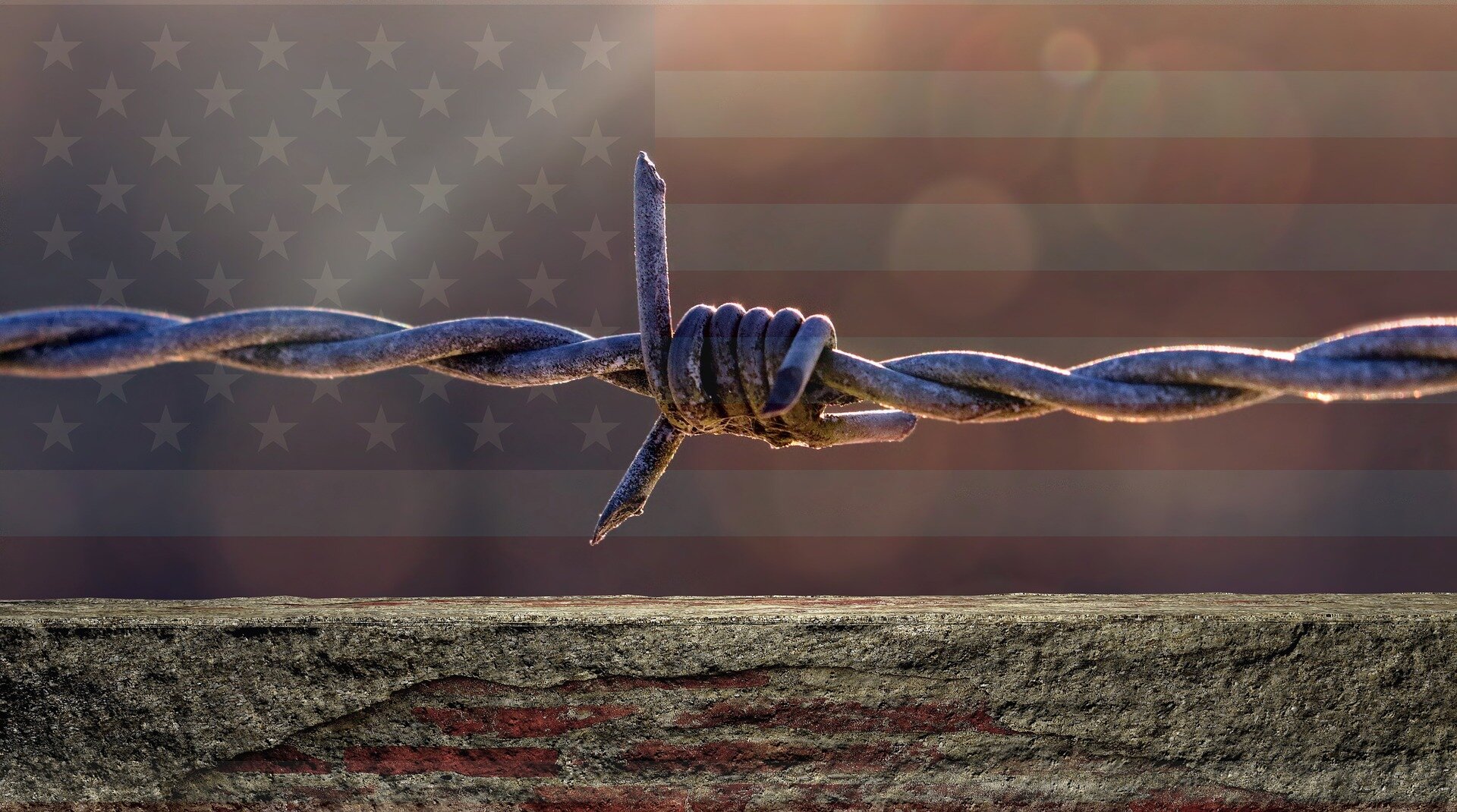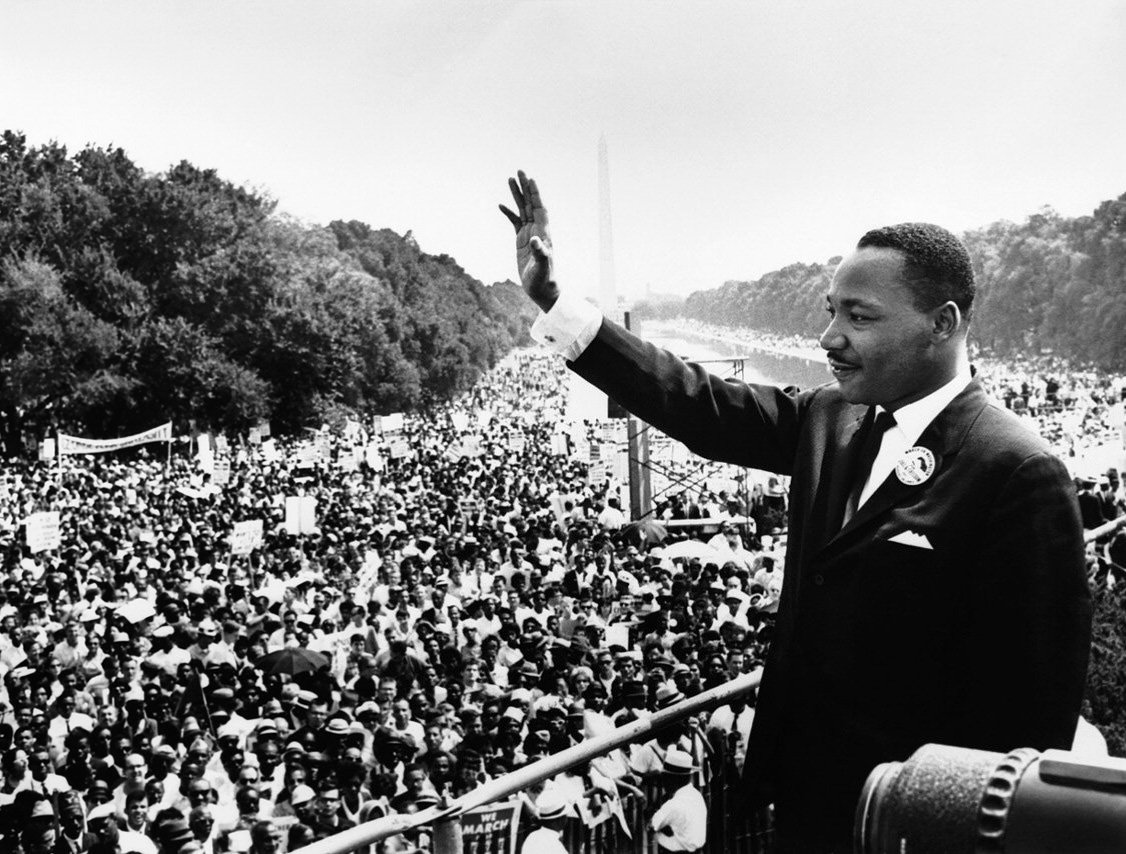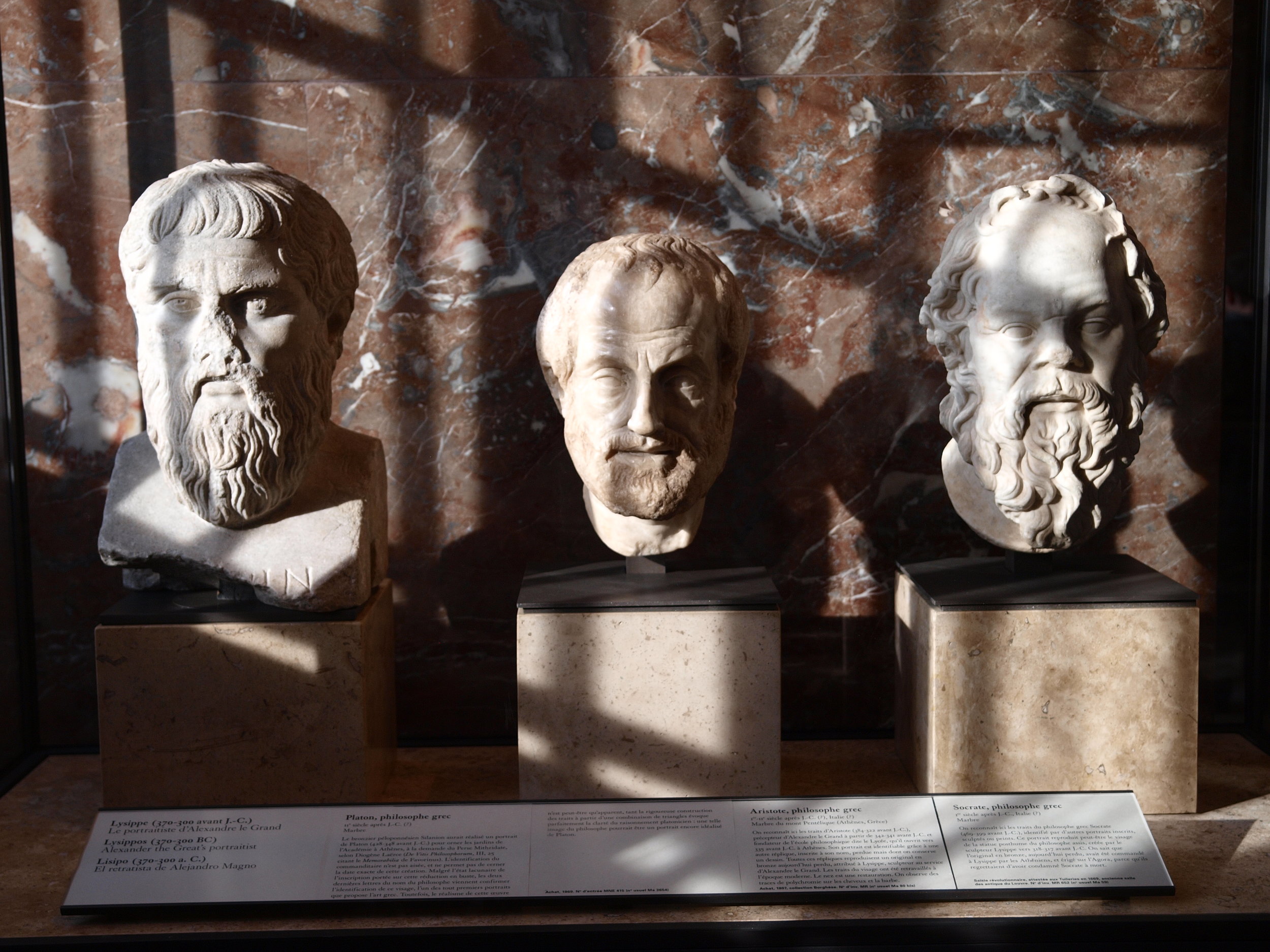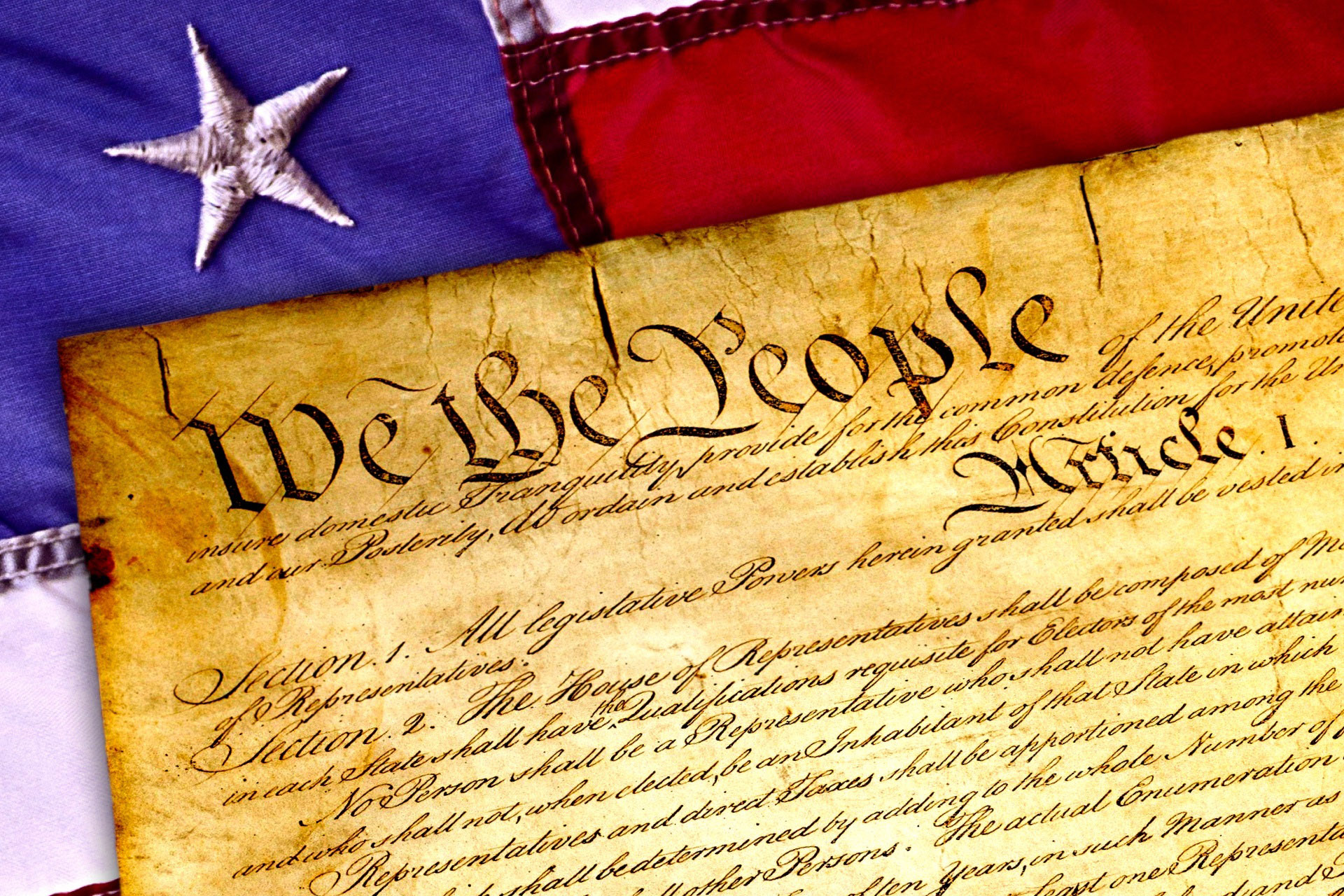Criminal Justice
A Christian Restorative Justice Critique
Photo credit: Unknown, Creative Commons Zero.
Introduction
Fyodor Dostoyevsky once said, “A society should be judged, not by how well it treats its outstanding citizens, but by how it treats its criminals.”
The following clips were taken from our 2019 Conference: Healing Atonement. The first clip highlights biblical studies and criminal justice as two distinct realms in which the difference between restorative vs. retributive justice is discussed. The second clip highlights the facts of white evangelical fascination with retributive policies due to their commitment to Penal Substitutionary Atonement, and the importance of using, as much as possible, a restorative justice practice in the U.S. which is corroborated by Medical Substitutionary Atonement.
Messages and Resources on Christian Faith and Criminal Justice
A series of blog posts where we explore how Christian (mostly Protestant) heresies started and continue to influence our modern political and racial challenges. This includes the very notion of race itself, and how our modern economics, housing, schooling, and policing systems have been shaped by the view that God’s justice is karmic-retributive, not restorative. Christians must take responsibility for these heresies in the framework of repentance. We have designed a study guide to accompany the blog posts. Please consider using it for personal reflection or discussion in your family, church, organization, etc.
A nine week study and action guide for small groups to discuss, compare belief systems, and consider advocacy and action steps. Gilliard identifies five pipelines to prison, contributing to mass incarceration: drug policy, immigration, lack of mental health, the school-to-prison pipeline, and private prisons. Gilliard holds up restorative justice to contrast with retributive justice, and says the Church must act restoratively because God in Christ acts restoratively.
A seven week guide for groups to discuss, compare belief systems, and consider advocacy and action steps. Constitutional law professor Michelle Alexander examines the war on drugs as a political tool, and how it eroded the Fourth, Sixth, Eighth, and Fourteenth Amendment rights of American citizens. Implicit racism has affected the criminal justice system at every level: policing, prosecution, plea bargaining, jury selection, sentencing, and reintegration.
The Scapegoating blog post series relates to both the topic of atonement and the topic of desire because, like fallen Adam in the garden, we desire to deflect blame, and therefore we scapegoat others. On the political level, this builds group cohesion and creates a social outsider, who is blamed for the group’s woes, who the group must exile or kill or marginalize in order to maintain a hopeful lie.
This series explores what political scapegoating has looked like in the U.S. The blog posts illustrate what happens when you believe that the highest form of justice is retributive. Penal Substitutionary Atonement theology holds that divine justice is retributive, which is why white evangelical Americans have a unusual ability to scapegoat others. Compare this behavior to what Scripture actually calls Christians towards.
Restorative vs. Retributive Justice and the Implications for Public Life
An article published by the Journal of Urban Ministry, June 2020. Explores real-life examples and the philosophy of restorative justice in the criminal justice sphere. Connects to theology. “Perhaps as we “decolonize” our theology today, we might constructively restore major pieces of Christian thought, practice, and life. It would be fitting, as we restore the things we have lost as part of our Christian inheritance, if we rediscovered God’s restorative justice as well.”
Criminal Justice: Topics:
This section on Criminal Justice highlights the biblical, church historical, and practical importance of Christian restorative justice. We examine Restorative Justice in its Christian and secular forms, as well as efforts to apply Classroom Restorative Justice to address the school-to-prison pipeline. We also maintain awareness of Human Trafficking and Drug Policy because of the moral and political importance of these policies. Crime Stats highlights the facts and political uses of statistics. Police Oversight tracks proposed and implemented forms of public governance over the police. Policing lists resources on the police abuse of the public trust. Prosecutors lists resources on the role of prosecutors in the legal system and the discretion they have. Sentencing & Prisons highlight moral problems with jury selection, sentencing disparities, prison conditions, conduct in the correctional systems, and the political placement and funding of prisons to benefit mostly white districts. Prison Labor highlights patterns, statistics, and stories. Reintegration examines the moral imperative of assisting returning citizens.
Related pages include: Race and Criminal Justice for how racism has impacted criminal justice historically in the U.S.; Race and Slavery for an examination of the Trans-Atlantic Slave Trade; Sex Industry for attempts at legalizing aspects of the sex trade.
